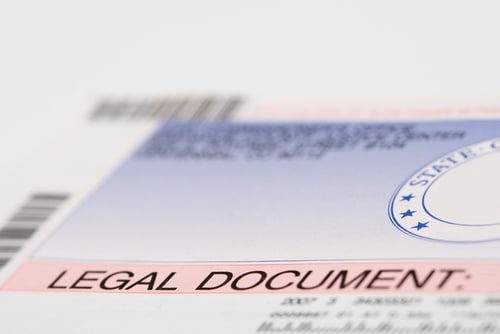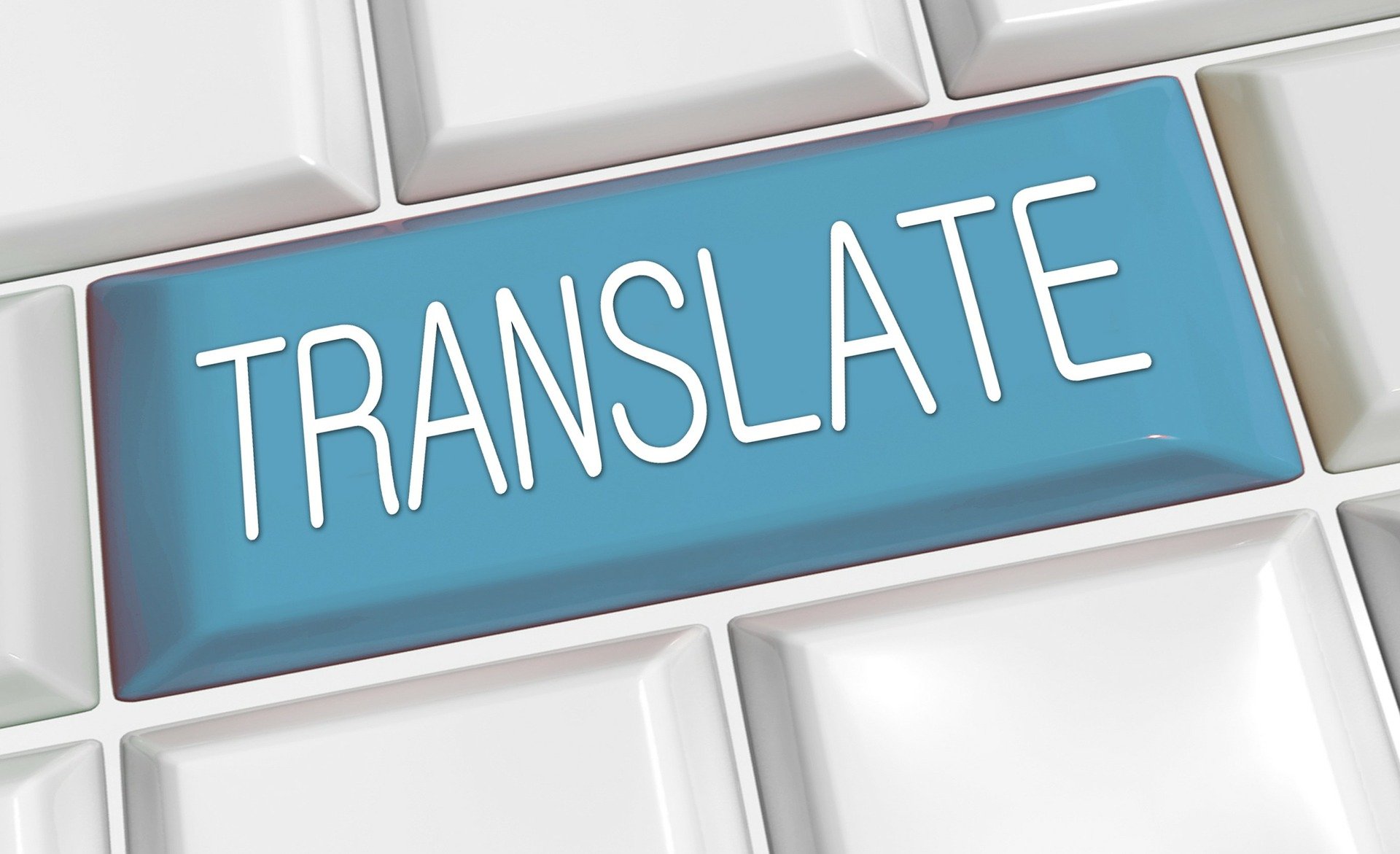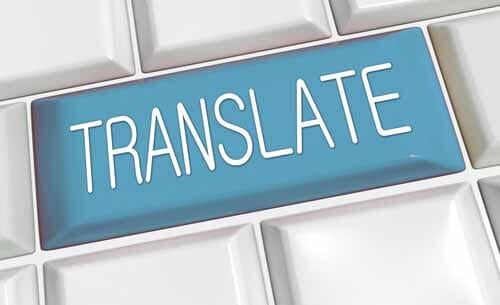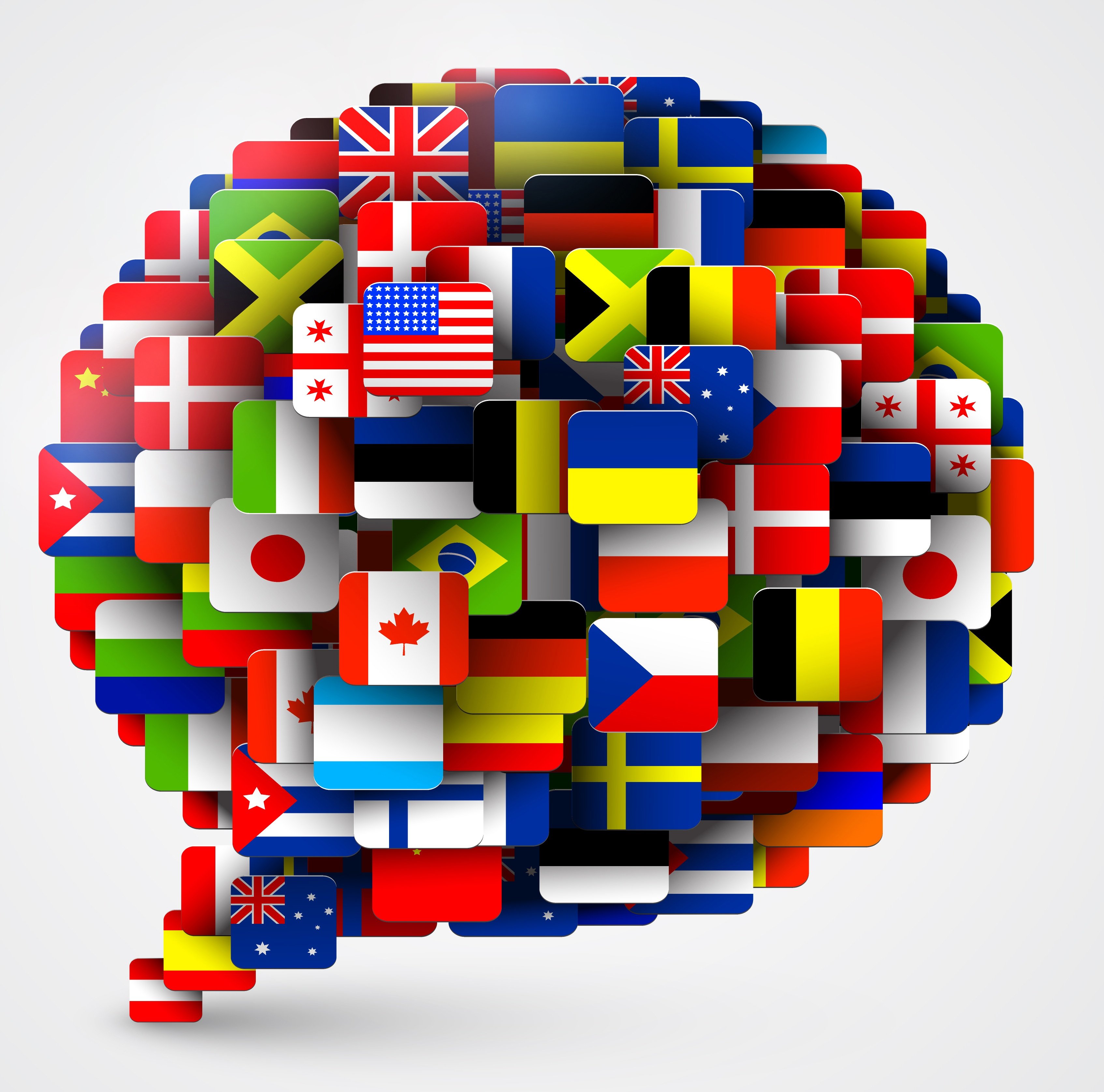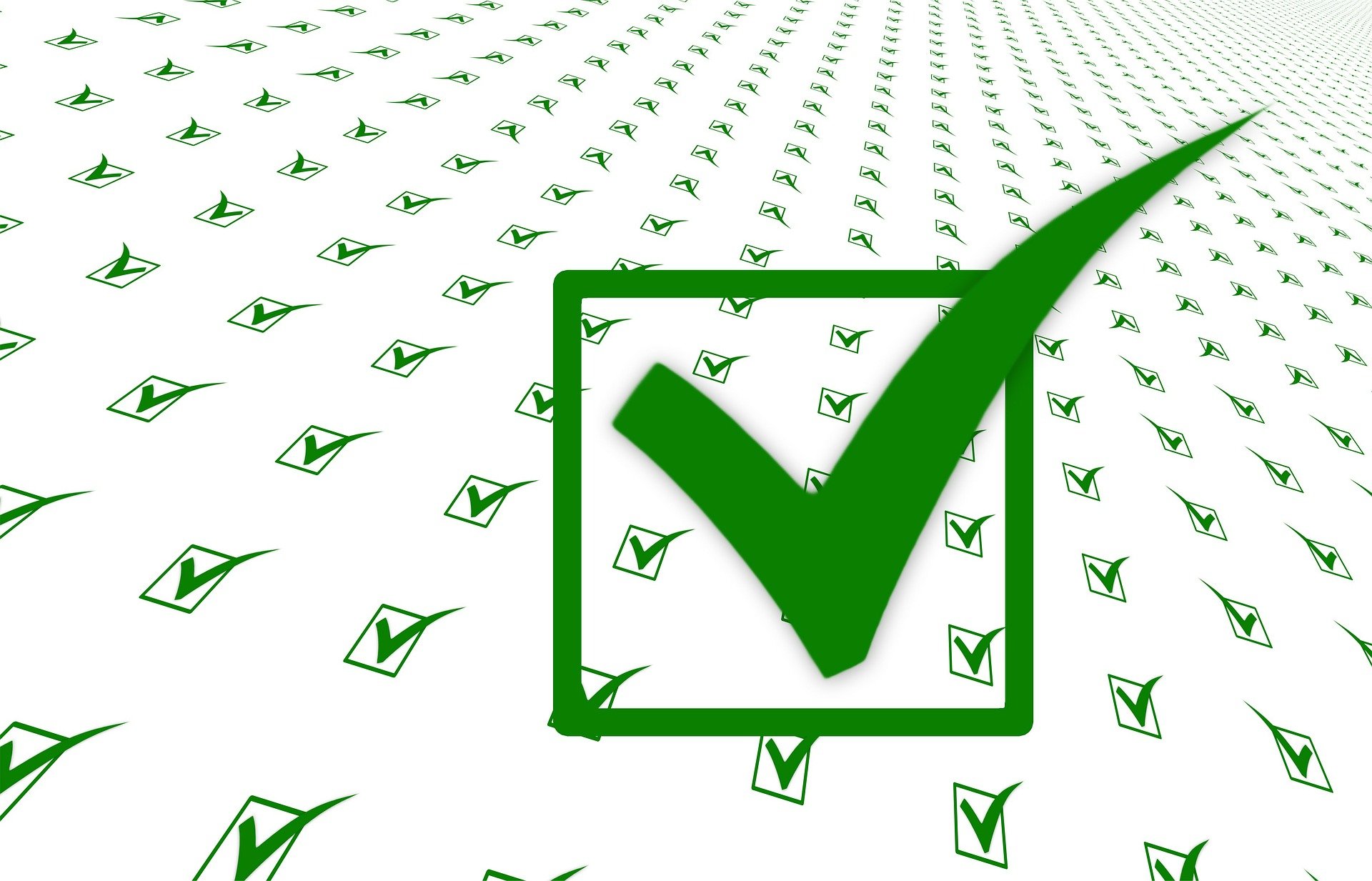Listen to Audio Version:
Effective cross-cultural communication has become more than just a competitive advantage in our globalized world. Connecting with your audience is now a critical business imperative, and the difference between success and spectacular failure can hinge upon your ability to communicate precisely and authentically across linguistic and cultural boundaries.
As an example, Braniff Airlines in 1987 touted leather seat covers to its Spanish-speaking audience – “Vuela en Cuero” – which directly translates to "Fly in Leather." “Cuero” means “leather,” however it’s also Spanish slang for “naked,” resulting in the unintended double entendre – “Fly Naked.”
When cross-cultural communication is vital to your business success, a single word can dramatically alter meaning. It’s not hard to find professional, high-quality translations, but you need to know what makes a provider a trusted partner rather than merely a service provider. We’ve talked at some length about the process for guaranteeing quality when you don’t speak the language.
Here are nine requirements to look for in a translator or translation agency to elevate your quality quotient.
The Myth of Machine Translation
We've all been tempted by the siren call of free online translation tools. For example, these tools – Google Translate and ChatGPT – operate on basic algorithmic translations that miss crucial contextual nuances, cultural references, and linguistic subtleties. (Cue Braniff Airlines.) Even ChatGPT, with its enhanced natural language processing system, has been found to produce “hallucinations” and wholly incorrect content. Instead, think of translation as a skill that demands far more than bilingual proficiency. Professional translators must navigate complex linguistic landscapes, understanding not just words but the cultural, contextual, and emotional nuances that give the language its true meaning.
Top 9 Considerations for High-Quality Translation
1. Expertise Matters Most
Specialization is the cornerstone of exceptional translation. Just as you wouldn't ask a general practitioner to perform neurosurgery, don't expect a generalist translator to handle complex technical or industry-specific content. A translator with deep expertise in your field brings invaluable context and precision. For instance, a medical device patent requires a translator intimately familiar with medical terminology and legal language, understanding not just the words but their intricate technical and regulatory implications. Patents have been denied and lost due to the mistranslation of a single word: “half-liquid” for “semi-liquid,” for example. (IBSA Institut Biochimique, S.A. v. Teva Pharms. USA, Inc., Case No. 19-2400 (Fed. Cir. July 31, 2020) (Prost, C.J.) Look for a translator or language services provider with proven experience in your specific industry and advanced degrees or certifications demonstrating their specialized knowledge.
2. Native Language Proficiency
Language is alive with subtle nuances that only native speakers truly comprehend. In 2024 alone, Merriam-Webster added more than 200 words to the current lexicon, from “beach read” and “brain rot” to “Barbiecore” and “IYKYK.” The best translations are crafted by professionals working with their mother tongue, ensuring an authentic, natural flow that captures not just literal meaning but also the cultural essence of the text. This goes beyond grammatical accuracy; it's about understanding idiomatic expressions, cultural references, and the unspoken context that gives language its true power. A native speaker intuitively knows how to adapt a message to sound natural, avoiding awkward literal translations that make the content feel foreign or disconnected.
3. Guaranteed Quality
The most reliable translation agencies employ a multi-layered review and editing system that typically involves an initial translation by a qualified linguist, followed by a meticulous review from a second expert, who brings fresh eyes and complementary expertise. The original translator and reviewer then collaborate, discussing nuances, resolving potential misinterpretations, and ensuring the final text maintains the original's intent, tone, and precise meaning. Some agencies even involve subject matter experts or conduct additional rounds of review for particularly complex or sensitive documents. And while the process can take time, an experienced and trusted agency will guide you through every project.
Another method, “back translation,” involves the translation of an already-translated document back into its source language. The translator can then compare the two source language documents to see how they match. Areas of divergence between the two are noted, and the translation is corrected to reflect the intent and wording of the original more accurately. The process can be difficult as the nuances of translation are far-ranging. Some words do not have a literal translation from one language to another – linguists must take creative license, introducing subjectivity. As such, the process is most often used in the life sciences to verify regulatory requirements – if a given translation is of sub-par quality, it’s more cost-effective to have the second, skilled translator simply generate a new translation from scratch, and a qualified agency will be able to make the determination. So, while it’s not always an optimal choice, it can be an effective tool in certain circumstances.
4. Smart Use of Technology
Modern translation is a strategic blend of human expertise and cutting-edge technology. Translation Memory (TM) software has evolved into a valuable tool for certain types of content, enhancing consistency, efficiency, and cost-effectiveness; it will segment repeatable content into chunks, suggest translations based on previous work, and maintain a comprehensive linguistic database. However, any customer-facing global marketing content should always avoid TM, as it works best for forms, manuals, and the like. Even with the rise of generative AI, technology remains a tool, not a replacement for human intelligence. The most effective translation services use these technologies to support, not substitute, the nuanced work of skilled linguists. Look for agencies that thoughtfully integrate technological tools with human expertise.
5. Localization
High-quality translation requires a deep understanding of cultural context, social nuances, and unspoken communication norms. What works in one culture could be offensive or nonsensical in another. A skilled translator doesn't just translate words – they translate meaning, adapting content to resonate authentically with the target audience. This might involve reimagining metaphors, adjusting humor, or restructuring entire passages to maintain the original's spirit while retaining cultural relevance. Language can vary significantly across regions. Brazilian Portuguese differs dramatically from European Portuguese; for example – some consonants are pronounced differently – and even intonation is vastly different, more guttural with shorter vowel sounds in European Portuguese versus the more nasal, elongated vowel sounds of Brazilian Portuguese. A qualified agency deftly incorporates regional distinctions into every facet of your translation project, ensuring your content feels native and conveys authenticity.
6. Comprehensive Language Services
The most valuable language service providers offer end-to-end solutions, including web design adaptation, formatting optimization, multimedia localization, SEO optimization for different markets, and cross-platform content integration. Look for agencies that can provide a holistic approach, understanding that effective global communication starts with a plan.
7. Transparent Pricing and Processes
Suspiciously low pricing is arguably the most common red flag in the translation industry. Professional translation should never be a black box. Reputable agencies provide clear, detailed pricing structures, explain their methodological approach, and offer transparency at every stage of the translation process. This includes providing context about how they calculate costs, what specific services are included, their quality assurance methods, and expected turnaround times. Think of high-quality translation as an investment rather than a commodity.
8. References
Any translator or language services provider should be willing to provide a list of previous clients and some performance records. Before contacting an agency, browse the company website for client endorsements, areas of specialty, and experience. Be wary of a translation company willing to violate confidentiality agreements by showing material that they’ve done for other clients. Don’t hesitate to ask about the types of clients they’ve worked with and in what capacity. Ask your translator (even a translator assigned to you from a language services provider) about their education, expertise, and years of experience. Reputable translators tend to be very honest about what they can and can’t do. And translation companies should never be offended if you ask specific questions about their staff’s work or when you offer clear expectations.
9. Ongoing Support and Adaptability
Choose a translation partner committed to long-term collaboration that offers not just a one-time service but ongoing support, continuous quality improvement, and the ability to adapt to your changing business goals and the ever-changing global business landscape. The ideal agency acts as a strategic partner, helping you navigate linguistic and cultural challenges while proactively providing recommendations to enhance your global communication strategy.
Demand precision in translation and find your competitive advantage. Client-translator relationships are based on trust and only strengthen over time. Translators get to know their clients’ preferences, styles, and voices. This familiarity generates cost savings and, more importantly, guarantees that your message is not just accurate but also culturally intelligent. It protects your brand's reputation and presents the authentic “you” in any language across any cultural border.
Rapport International specializes in multilingual communications, providing language translation and interpretation services that are accurate and culturally appropriate. We use the right voice and the correct terminology to avoid liability, customize services to your needs, and deliver on time and within your budget. With our 100% satisfaction guarantee, you can trust that it’s done right. Contact us today if you would like more information or to get a free quote.
Popular Posts
Popular industry news, interviews, technologies, and resources.





